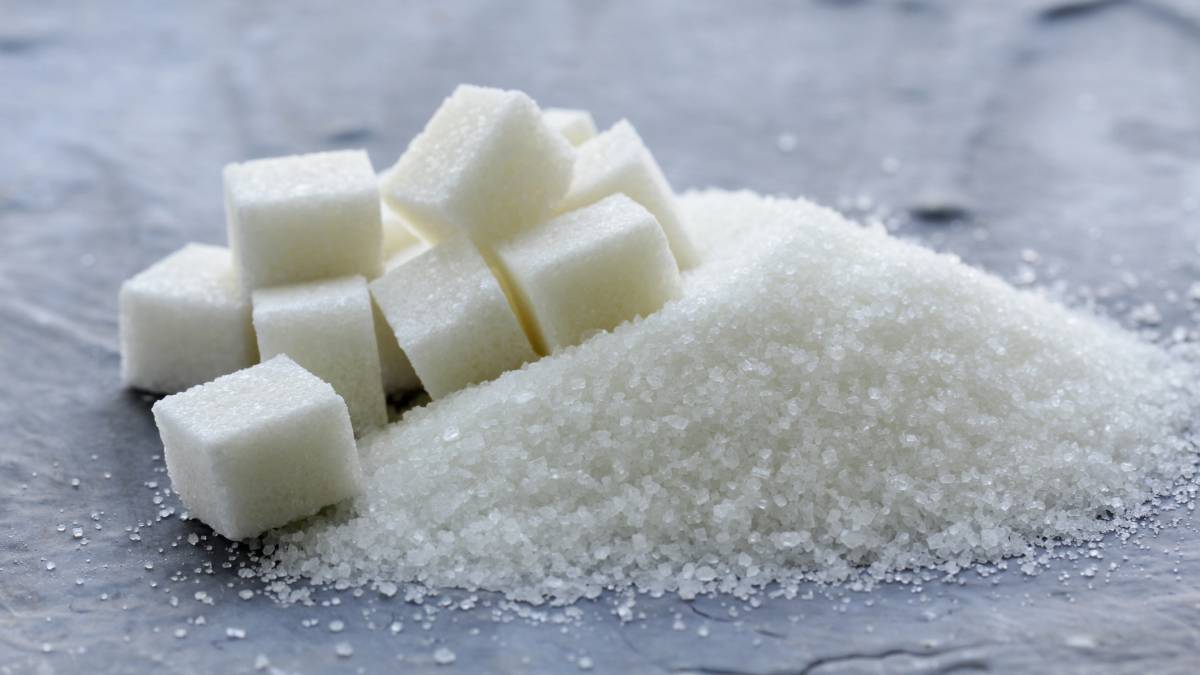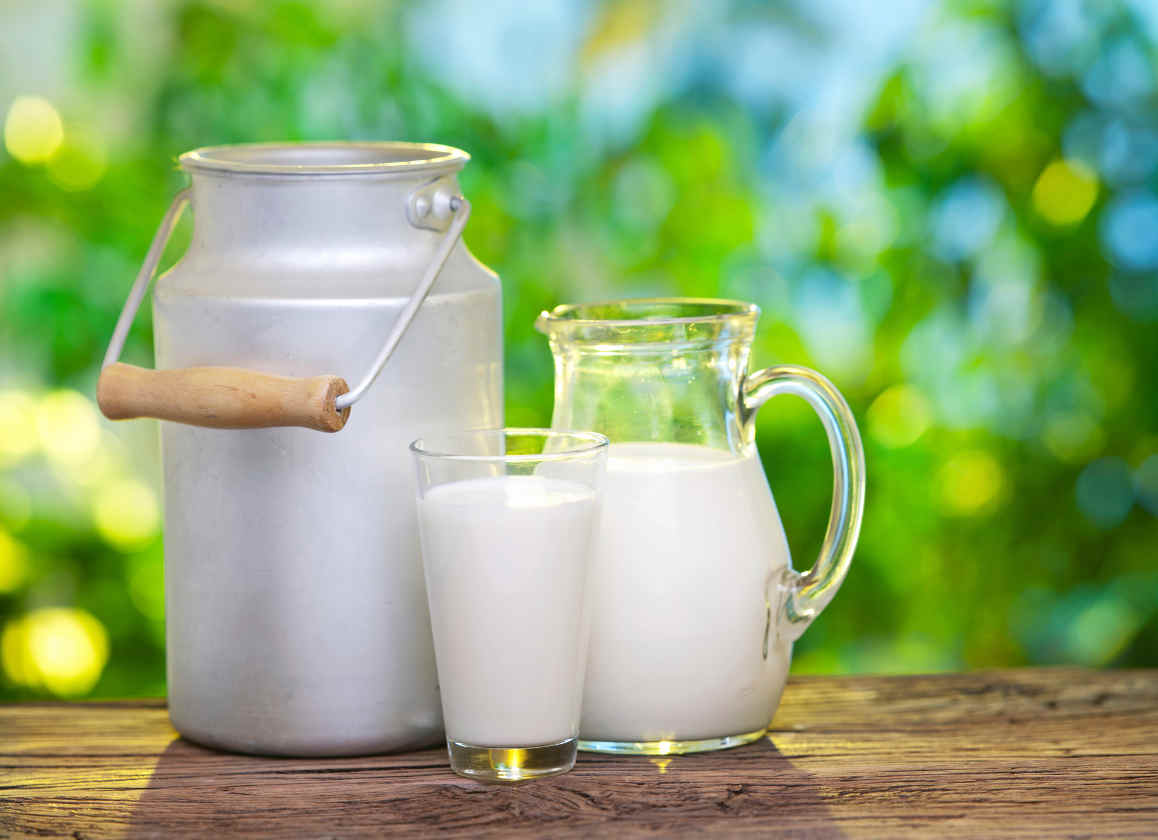Everything you need to know about sugar consumption
We are going to try to explain why added sugar is the big problem of current nutrition and not fats as people usually think.

At this point no one is surprised when sugar is said to be bad, it is terrible in some cases and guilty of many diseases.
Until recently, nobody thought about sugar in this way, since fats and cholesterol were the great enemy.
Currently we know that neither fats nor carbohydrates are so bad, but that refined sugar and more specifically white is the biggest problem in today’s diets. We have the habit of adding sugar to many foods to sweeten us (coffee, strawberries, etc.) and this habit is terrible. Foods already contain sweeteners by themselves, it is not necessary to add more, it is more, it is quite harmful.
We have always heard the phrase “we have to eat everything” because well, eating sugar, like alcohol and other refined products is not at all necessary. It is the shield that many of the manufacturers of these types of food have used to avoid seeing themselves as “plagued”.
Some quite dubious studies have even been done on the benefits of sugar intake, but they are completely unsubstantiated and rather respond to the fact that these conclusions have been paid for.
The dangers of excessive sugar intake are many, the most common and known to all, obesity, cardiovascular disease, diabetes … Some studies that showed the relationship between sugar consumption and these diseases date back to the 1950s.
Really when we consume a refined product like this, it is that we do not even know what we eat. Labels are worthless, what’s more, the labeling system is quite outdated and lacks a lot of information.
According to the World Health Organization, the recommended amount of sugar should not be more than 5% of the total calories we consume. In Europe they are somewhat less strict and put the figure at 11%. This would be about 25 grams according to the WHO and about 50 in Europe. It should be said that the average consumption of sugar per person in Europe is about 90 grams, almost double what is recommended.
Chocolates, soft drinks, jelly beans, industrial sweets … On their own, they exceed the recommended average just by taking one per day. It is outrageous and special care must be taken with this type of product. They can be consumed sporadically, but as a habit they are a danger.


